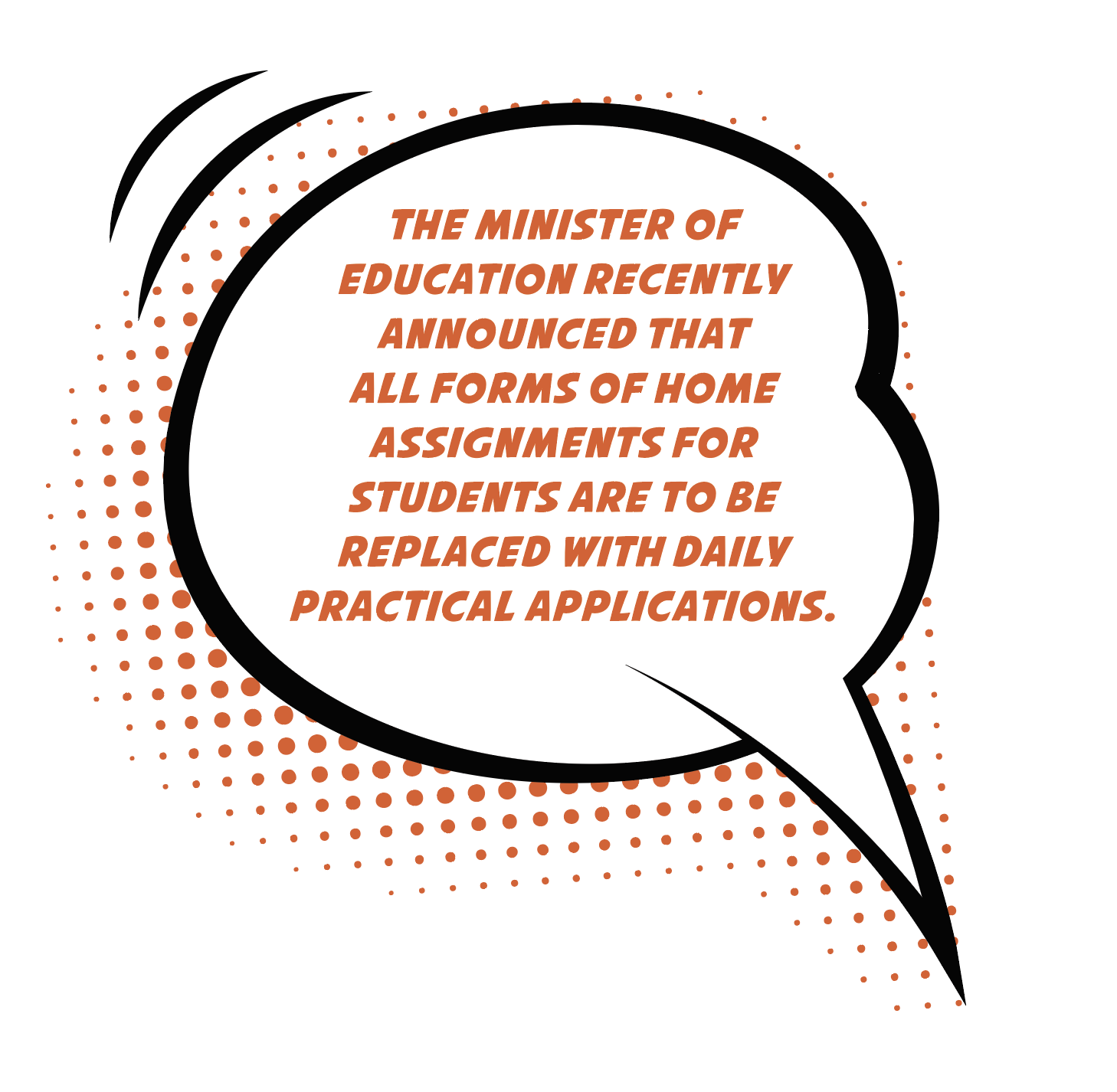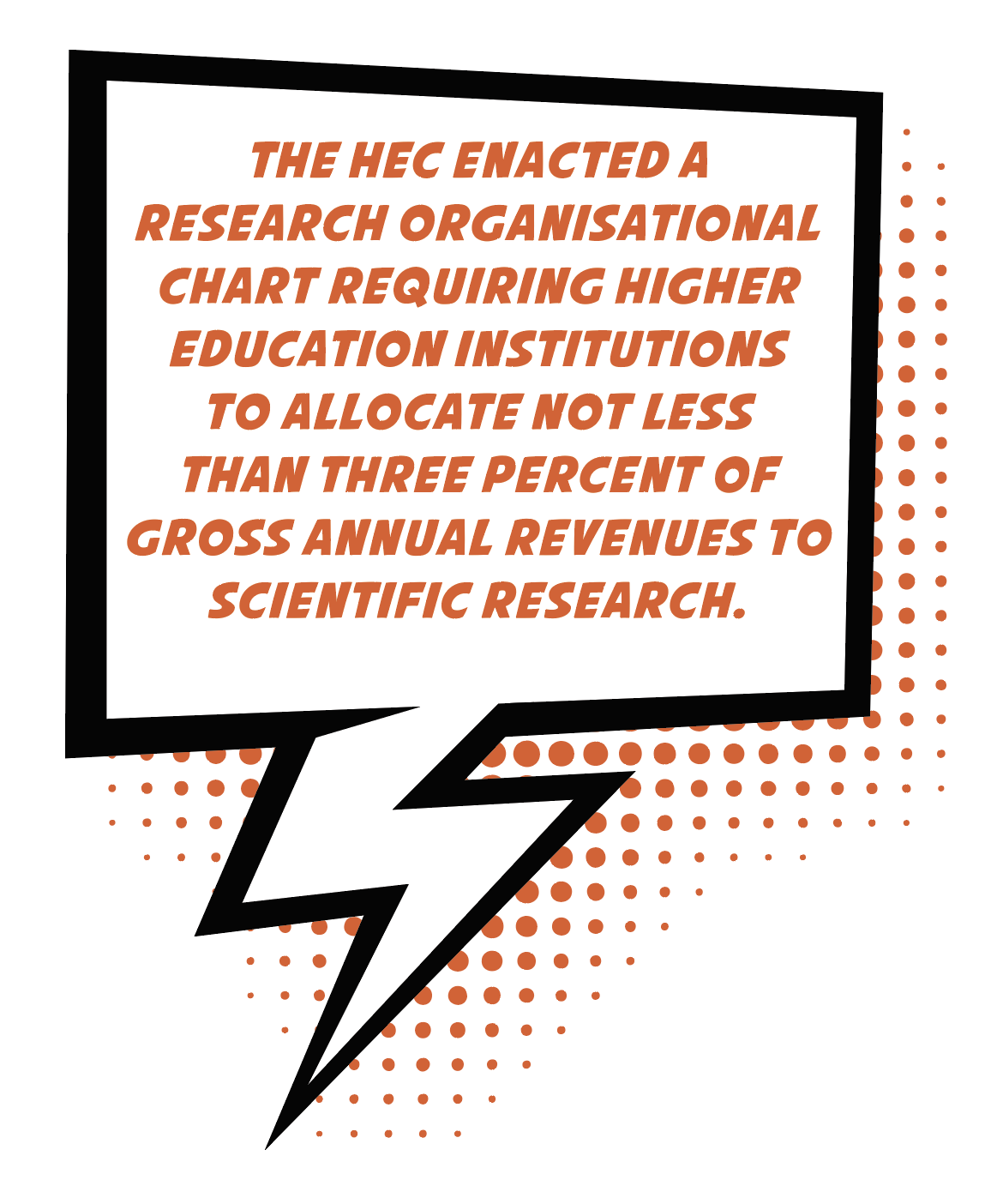- Arbitration
- Banking & Finance
- Capital Markets
- Commercial
- Competition
- Construction & Infrastructure
- Corporate / Mergers & Acquisitions
- Corporate Services
- Corporate Structuring
- Digital & Data
- Dispute Resolution
- Employment & Incentives
- Family Business & Private Wealth
- Innovation, Patents & Industrial Property (3IP)
- Insurance
Find a Lawyer
Book an appointment with us, or search the directory to find the right lawyer for you directly through the app.
Find out more
Level Up: Unlocking Financial Potential In The Middle East
Welcome to this edition of Law Update, where we focus on the ever-evolving landscape of financial services regulation across the region. As the financial markets in the region continue to grow and diversify, this issue provides timely insights into the key regulatory developments shaping banking, investment, insolvency, and emerging technologies.


2025 is set to be a game-changer for the MENA region, with legal and regulatory shifts from 2024 continuing to reshape its economic landscape. Saudi Arabia, the UAE, Egypt, Iraq, Qatar, and Bahrain are all implementing groundbreaking reforms in sustainable financing, investment laws, labor regulations, and dispute resolution. As the region positions itself for deeper global integration, businesses must adapt to a rapidly evolving legal environment.
Our Eyes on 2025 publication provides essential insights and practical guidance on the key legal updates shaping the year ahead—equipping you with the knowledge to stay ahead in this dynamic market.
The leading law firm in the Middle East & North Africa region.
A complete spectrum of legal services across jurisdictions in the Middle East & North Africa.
-
Practices
- All Practices
- Banking & Finance
- Capital Markets
- Commercial
- Competition
- Construction & Infrastructure
- Corporate / Mergers & Acquisitions
- Corporate Services
- Corporate Structuring
-
Sectors
-
Country Groups
-
Client Solutions
Today's news and tomorrow's trends from around the region.
17 offices across the Middle East & North Africa.
Our Services
 Back
Back
-
Practices
- All Practices
- Banking & Finance
- Capital Markets
- Commercial
- Competition
- Construction & Infrastructure
- Corporate / Mergers & Acquisitions
- Corporate Services
- Corporate Structuring
- Digital & Data
- Dispute Resolution
- Employment & Incentives
- Family Business & Private Wealth
- Innovation, Patents & Industrial Property (3IP)
- Insurance
- Intellectual Property
- Legislative Drafting
- Private Client Services
- Private Equity
- Private Notary
- Projects
- Real Estate
- Regulatory
- Tax
- Turnaround, Restructuring & Insolvency
- White Collar Crime & Investigations
-
Sectors
-
Country Groups
-
Client Solutions

- Law Firm
- /
- Insights
- /
- Law Update
- /
- August 2019
- /
- Education Bahrain: A Round-up of some Key Developments in the Kingdom
Education Bahrain: A Round-up of some Key Developments in the Kingdom
Rad El Treki - Partner, Head of Office - Bahrain - Corporate Structuring / Corporate / Mergers and Acquisitions
Hussain Osman
 A century has elapsed since Al Hidayiah Al Khalifiya first opened its doors to Bahraini pupils. Since 1919, the government of the Kingdom of Bahrain has consistently demonstrated its commitment towards the development of the educational sector, and this forward thinking approach continues to be demonstrated today.
A century has elapsed since Al Hidayiah Al Khalifiya first opened its doors to Bahraini pupils. Since 1919, the government of the Kingdom of Bahrain has consistently demonstrated its commitment towards the development of the educational sector, and this forward thinking approach continues to be demonstrated today.
The Ministry of Education is harnessing Al Hidayiah Al Khalifiya’s centennial event to upgrade this historic institute’s status to an institute for higher studies, including an increased focus on implementation of disruptive technologies and their application in the information age. In this article we will examine some of the recent, positive developments in the educational sector in Bahrain which coincide with this historic year for the Bahrain educational sector.
Blockchain Degree Certification
Adopting a modern approach towards issuing academic degrees and certifications, the University of Bahrain has stepped up as a leader in its field by utilising blockchain technology to verify, authenticate and ensure student-data security.
The president of the University of Bahrain, Professor Riyad Hamzah is quoted, “We at UOB are delighted to be the trailblazers in using blockchain in the MENA region in order to better serve our students.”
Initially designed at the MIT Media Lab and by Learning Machine, Blockcerts is a globally recognised open standard for recording certificates or other information on a blockchain in a secure, verifiable manner. The University of Bahrain data stored on their systems is to be securely signed using cryptography and is freely available to view and share online. These digital records are registered on a cryptographically signed, tamper-proof, and shareable blockchain, giving individuals the capacity to possess and share their own official records. Going forward, blockchain issued certifications also have the potential to make the hiring process more straightforward for employers, enabling them to more easily verify the credentials of graduates.
The Head of Strategy at the University of Bahrain, Cameron Mirza said, “The potential of blockchain goes far beyond cryptocurrency and its potential use within education is both fascinating and exciting.”
See our TMT article ‘Digital Transformation in the Education Space: A Review of the Impact of New Technologies on Middle East Education’ which also explores this interesting topic.

Industry-Academia Collaboration
Universities are responding to calls from industry for greater collaboration and have issued tailored programmes in response. The University of Bahrain and the Sustainable Energy Centre in Bahrain launched a programme in environment and sustainable development. The programme is in collaboration with the Prince’s Foundation for Building Community, UK and has been designed to attract students who combine postgraduate study with their professional practice.
Another recent example can be found in the Tech Valley programme recently launched by Injaz Bahrain, in collaboration with the Bahrain Labour Fund (Tamkeen) and the Bahrain Institute of Banking and Finance. The programme is designed to enable young Bahrainis learn to harness the proliferation of disruptive technologies and to better furnish them with the skills to succeed in the increasingly digitised business world. Digital literacy skills can also be paired with developing soft skills such as critical thinking and numeracy skills in order to develop a strong “digital citizenship” among students.
With the Kingdom of Bahrain recently ranking as one of the top ten start-up ecosystems globally with the largest number of female founders (2019 Global Startup Ecosystem Report (GSER)) such locally led initiatives look set to further cement Bahrain’s position as a country committed to providing its workforce with the skills needed to succeed in the digital age.
Higher Institutes for Learning and R&D
The Higher Educational Council’s (‘HEC’) National Research Strategy Plan 2014-2024 aims at ‘creating a smart Bahrain based on knowledge & innovation’ by increasing:
- the number of patents and industrial designs filed in Bahrain and internationally; and
- the funds available for research and development for both academia and the private sector.
Last month the HEC enacted a research organisational chart requiring higher education institutions to allocate not less than three percent of gross annual revenues to scientific research. The Resolution also allows natural and legal persons to provide academic institutions with grants, endowments and even fundraising for research purposes (whilst complying with Decree No. (21) of 2013 which regulates fundraising).

American University of Bahrain Opens its Doors
As of the next academic year, the American University of Bahrain has received the approval of the HEC to open its doors to pupils in its faculties of Engineering, Architecture and Business.
The founder of American University of Bahrain stated that “higher education plays an integral part in advancing economies by addressing the skills needed for the next generation of workforce. The American University of Bahrain will provide the necessary academia to support the Kingdom’s 2030 vision while enriching students with a holistic university experience.”
A Finnish Approach to Homework
The Minister of Education recently announced that all forms of home assignments for students are to be replaced with daily practical applications to be carried out under the supervision of each respective tutor at the end of each study session, with the aim that this will better allow for the consolidation of knowledge, the honing of skills and to better facilitate the opportunity for open dialogue and positive interaction between students and tutors.
The Minister said cd: “The decision will be reinforced by a number of alternative measures based on increasing interest in practical applications, under the supervision of the teachers, to connect the theoretical side with the practical aspect. The Ministry of Education has been working for several months through various committees to develop curricula and other areas and to enhance the skills required from graduate students. The education process across all the stages is cumulative, with special attention to boost the students’ aptitudes in the principal courses, including mathematics, science and languages in accordance with international standards”.
Al Tamimi & Company’s Corporate Structuring team regularly advises on corporate structuring and restructuring related projects and specialises in design and implementation of corporate structures in the field of education. For further information please contact Rad El Treki (r.eltreki@tamimi.com).
Stay updated
To learn more about our services and get the latest legal insights from across the Middle East and North Africa region, click on the link below.


